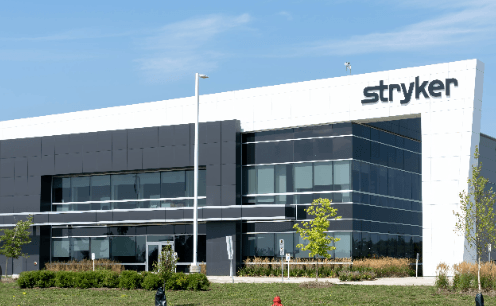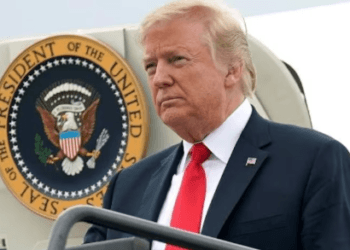Athira Sethu
Kochi, 8 January 2025
Stryker, the medical device maker, agreed to buy Inari Medical for $4.9 billion. Inari specializes in products used to treat blood clot conditions. This will help Stryker expand its range of treatments for diseases like venous thromboembolism, or VTE, a condition in which blood clots form in veins, and other vascular diseases. Stryker will pay $80 per share for Inari.
The deal will help Stryker in enhancing its capability to provide life-saving treatments to patients with blood vessel problems, said Stryker’s CEO Kevin Lobo. This will improve care for people suffering from venous thromboembolism and help Stryker grow its role in endovascular procedures.
Inari had been exploring the opportunity of selling its business following offers received from Stryker and others. The two companies have agreed to the deal expected to be finalized by the end of March 2025.
After the announcement was made, stock prices for Inari rose in excess of 30% to close out their regular trading time and continued by 21% in after hours. Inari had been faltering lately where its stock prices had dropped in value by close to 21% over a year.
The purchase comes at a time when there is growing demand for medical devices, especially as many people, particularly older adults, seek treatments that were postponed during the COVID-19 pandemic. Inari, based in Irvine, California, has been making products for treating conditions like pulmonary embolism (a blood clot in the lungs) and deep vein thrombosis (a clot in the leg).
The revenue of Inari grew 21% in the last quarter. However, the company has an operating loss of $13.6 million. Still, it expects to break even by the end of the year, based on the strength of demand for its products.
The company is based in Michigan and has a market value of around $138 billion. Stryker produces medical devices used in orthopedics, neurology, and spinal surgery. The company recently increased its profit forecast as its products’ demand has been strong.
Stryker was advised by Citi and the law firm Sidley Austin on the deal, while Inari was advised by Morgan Stanley and Wachtell, Lipton, Rosen & Katz.





















